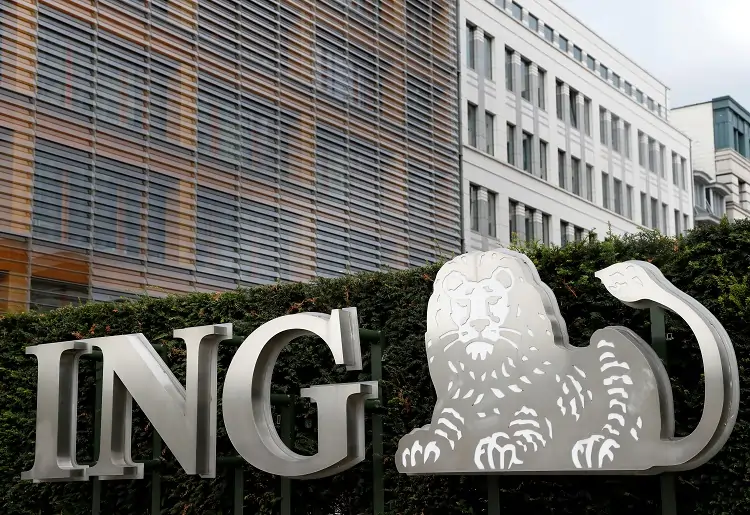
By Virginia Furness and Simon Jessop
Dutch lender ING is further restricting access to finance for some oil and gas companies and from 2026 could drop clients that fail to align with its plans to be net zero, the bank’s chief executive told Reuters.
European banks have taken the lead in policies to tackle climate change, while some big Wall Street lenders have been accused of weakening their climate commitments.
As the Netherlands’ biggest financier of oil and gas, with outstanding loans of 17.1 billion euros ($19.03 billion) in 2023, ING’s continued financing for the sector has drawn criticism from NGOs.
Its new policy, announced on Wednesday, builds on its 2023 commitment to phase out upstream oil and gas financing by 2040.
It said it would no longer provide financing, including for general corporate purposes, to upstream oil and gas companies that develop new oil fields – with the exception of specific green projects.
It also said it would not provide project finance after 2025 for new Liquified Natural Gas (LNG) export terminals.
“If you’re a pure play upstream oil and gas company, developing fields and extracting oil and gas, and if you continue to open new fields, we will stop financing you altogether,” ING CEO Steven van Rijswijk told Reuters.
He said the change to its upstream oil and gas policy could affect 25 of ING’s clients representing around 1 billion euros of lending, which is a small fraction of the bank’s overall 656 billion euro lending book but a high volume of the carbon emissions linked to its financing.
From 2026 the bank will also increase financing conditions, and in some cases stop financing companies that are not on track to decarbonise their businesses in line with the goals of the 2015 Paris climate accord.
Using a data analytics tool launched in 2023, ING has assessed the transition plans around 2,000 of its clients in the most carbon-intensive sectors are using to reduce their impact on the environment.
The bank may get rid of clients that fall short of the bank’s standards after a two-year monitoring and engagement period, van Rijswijk said.
An initial assessment, showed around a third of these companies are not disclosing enough information about their transition plans, making them difficult to assess, while half meet the bank’s most advanced disclosure badge.
($1 = 0.8984 euros)
(Editing by Barbara Lewis)


